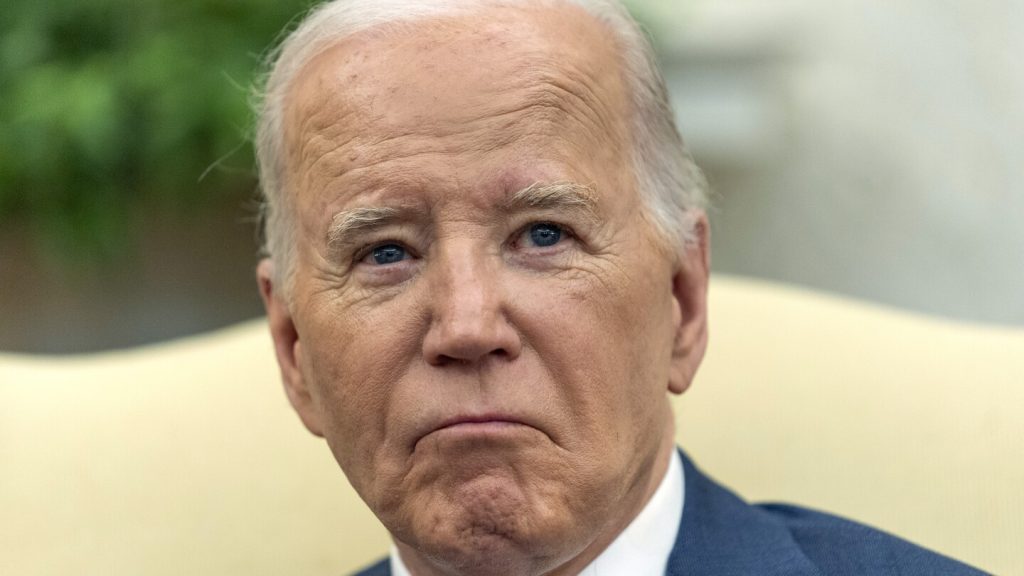The Biden administration announced a new Global Health Security Strategy aimed at helping 50 countries in Africa and Asia improve their ability to prevent, detect, and respond to infectious diseases. The strategy is in response to the COVID-19 pandemic, which caused widespread disruption in 2020. The goal is to strengthen global health security and prevent future pandemics. This initiative will involve various U.S. government agencies providing support to these countries to enhance their testing, surveillance, communication, and preparedness for outbreaks.
As countries continue to struggle with the aftermath of the COVID-19 pandemic, efforts to establish a worldwide treaty on pandemic responses are faltering. Talks for the treaty, which is intended to be a legally binding agreement for monitoring and sharing information on pandemic threats, have faced major disputes, particularly over vaccine equity and technology transfer. Even if a deal is reached, there may be limited consequences for countries that do not comply with the treaty. Despite these challenges, the U.S. will continue with its global health strategy to prevent future pandemics, regardless of the outcome of the treaty negotiations.
The U.S. government agencies involved in this initiative, including the State Department, CDC, Health and Human Services, and USAID, will assist countries in enhancing their infectious disease response capabilities. With health systems worldwide being overwhelmed by COVID-19 and other health emergencies such as Ebola and malaria, this new strategy aims to help countries rebuild their public health agencies. The CDC, in particular, emphasized the importance of global health security as a national security issue and pledged to contribute its expertise and resources to protect the health and safety of people worldwide.
One country where the U.S. government has already begun its work is Congo, which is facing an outbreak of mpox virus. The U.S. is assisting Congo with its response to this virus, including providing immunizations. Mpox, a virus related to smallpox, causes painful skin lesions and has been declared a global emergency by the World Health Organization. The White House has released a list of countries participating in this program, with plans to expand it to 100 countries by the end of the year. The U.S. has committed billions of dollars, including funds from private donations, to support these efforts. President Biden is also seeking $1.2 billion for global health security efforts in his annual budget proposal to Congress.
Overall, the Global Health Security Strategy announced by the Biden administration aims to strengthen the ability of 50 countries in Africa and Asia to prevent, detect, and respond to infectious diseases. This initiative comes in response to the challenges posed by the COVID-19 pandemic and aims to prevent future pandemics. Despite ongoing struggles to establish a global treaty on pandemic responses, the U.S. remains committed to its global health strategy. Through collaboration with various government agencies and international partners, the U.S. is working to support countries in improving their infectious disease response capabilities and rebuilding their public health infrastructure.Countries like Congo are already benefiting from this support, with efforts underway to address outbreaks of viruses like mpox. As the initiative expands to more countries, the U.S. is dedicating significant resources to enhance global health security and protect the health and safety of people around the world.


